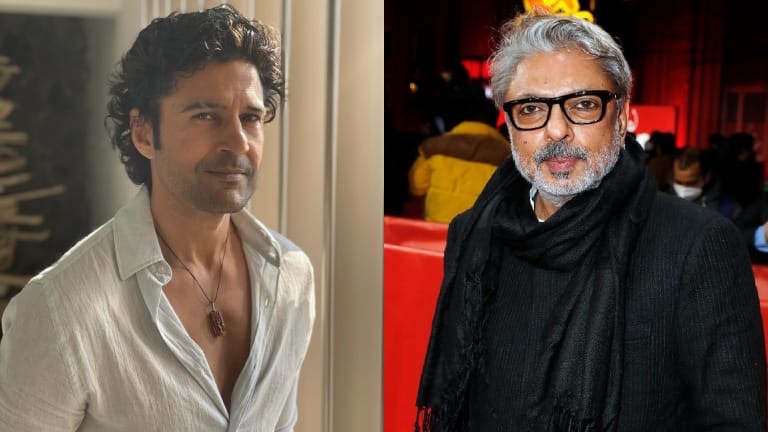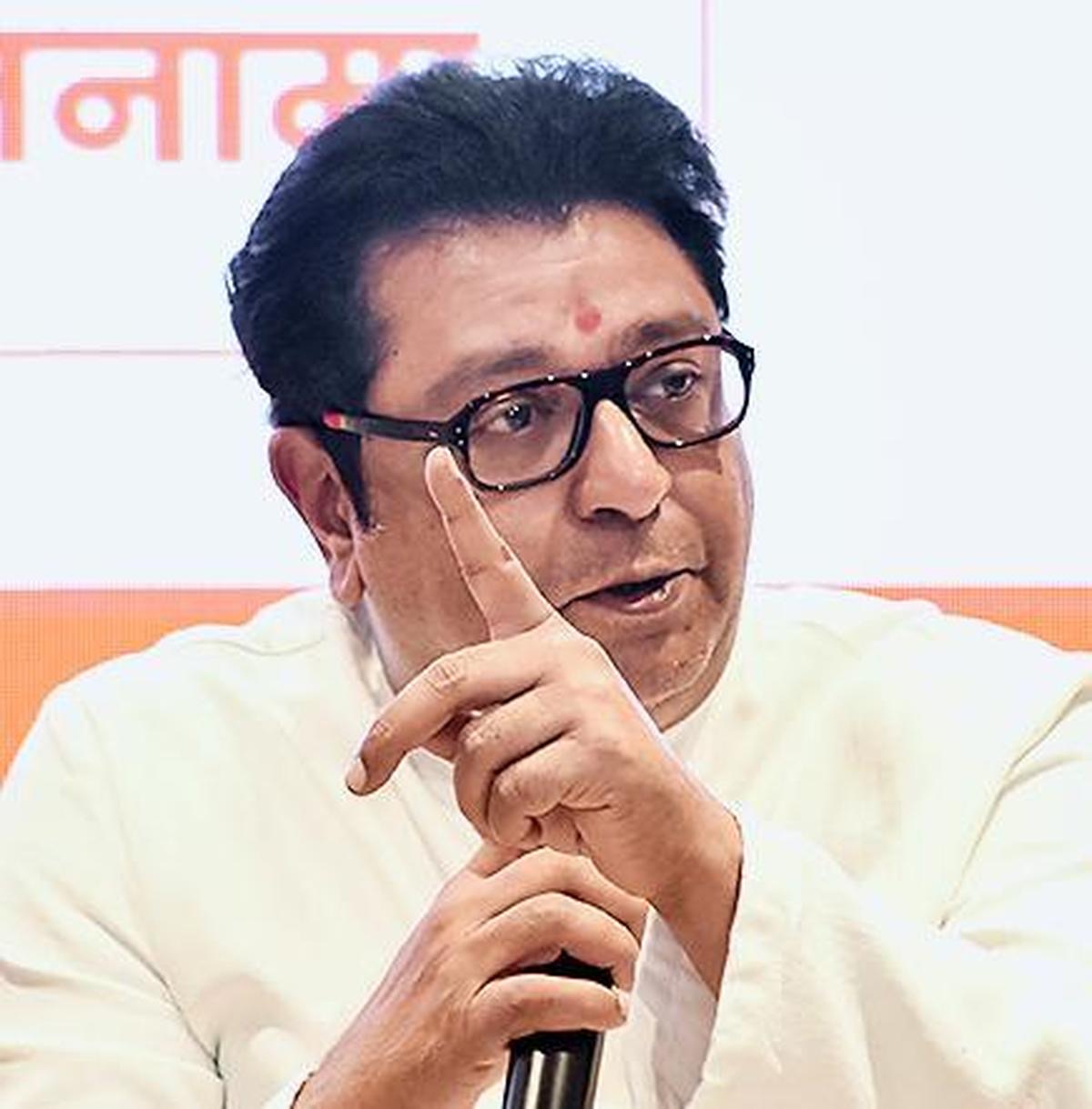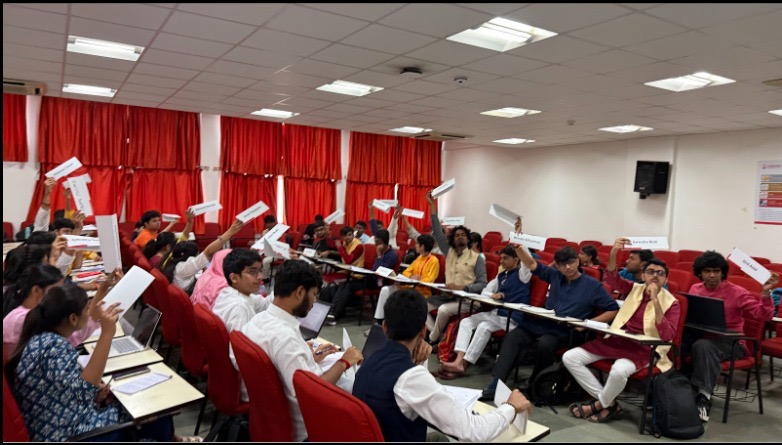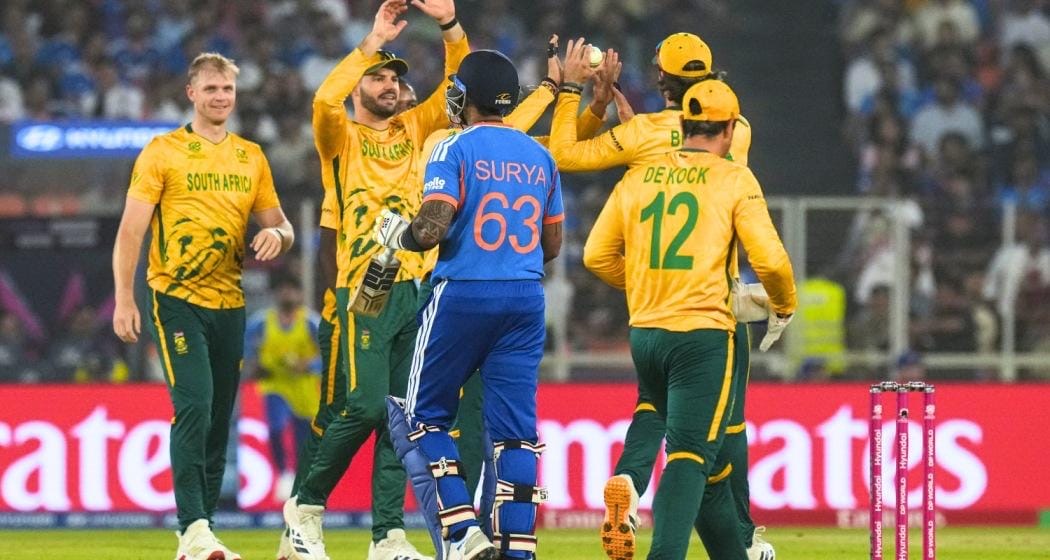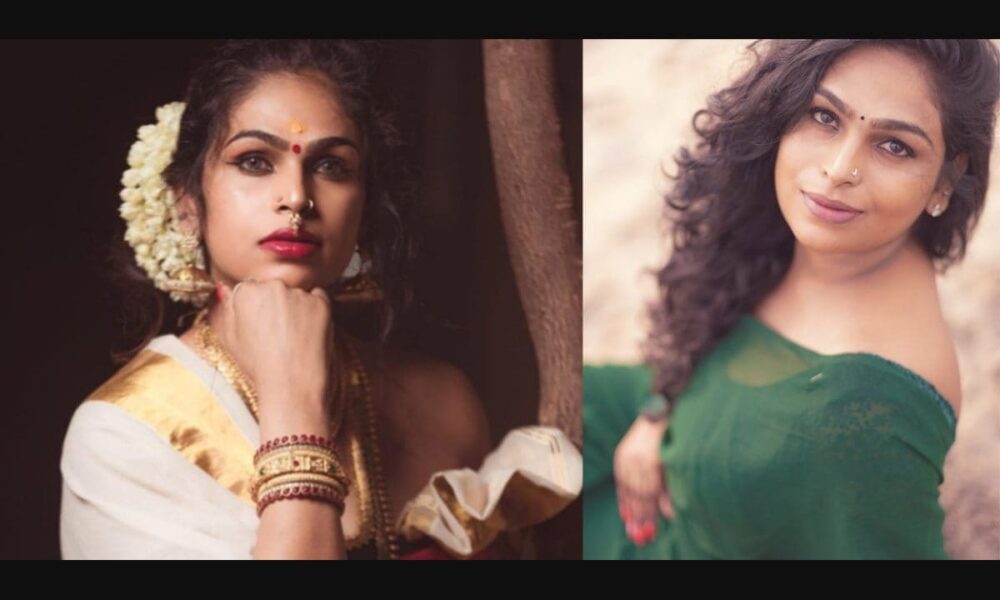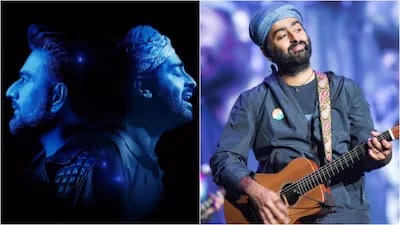
Meet Negha trans artist
Her life is included in
Class VIII in Kerala school
Negha S is a trans artiste whose life is included in Kerala’s class VIII Arts textbook by SCERT. It shows how school curriculum can engage students in understanding society’s real and sensitive issues
Textbooks are often foundational for students, and just as often, they are forgettable. But the best ones do more than stating facts, they spark curiosity, invite questions, and encourage imagination.
In Kerala, the new Class 8 Arts textbook by the State Council of Educational Research and Training (SCERT) does just that. Covering theatre, sculpture, music, cinema, and dance, it speaks directly to children, urging them to engage with the art forms around them. More importantly, it features real people who embody these arts — including Tamil Nadu-born trans artiste Negha S, the first trans woman to be included in a Kerala school textbook.
“When Negha saw the textbook, she was really moved. Because years ago, she had gone through a lot without anyone knowing her name, without being seen or acknowledged. Now, to be in a textbook, where students will read and learn about it, it feels very emotional.
Negha was honoured with the Kerala State Film Award for Best Debut Actress in 2022 for her performance in ‘Antharam’, a Malayalam film. It is this accomplishment among others, that finds a place in the Arts textbook, a decision that Satheesh Kumar K, a research officer with SCERT, says was a natural progression of the board’s inclusive vision.
Adding that the profiles featured in the book have been carefully chosen to reflect people from all walks of life. “For each lesson, they have included one, two, or even three profiles of individuals associated with that particular area or region and have made sure to include people from all social sections — tribal communities, women, and other marginalised sectors.
The inclusion is not tokenistic. “It is vital that children and readers understand who is part of society and what kinds of contributions they make. Trans people are often viewed as separate as if they exist outside of society.
Satheesh further adds that many exceptional individuals exist within the identity. It is essential to recognise that especially through the lens of arts
He credits SCERT director JP Jayaprakash and curriculum sub-committee member Ragamallika, who supported such inclusive efforts.
Negha thinks that a recognition like this will be a turning point. She shares, “Students who read this will grow up with more awareness. When they face discussions around marriage or gender, they won’t just follow what society says.” Yet, that recognition carries a bittersweet edge.
Negha also shares that her home state is yet to offer a similar acknowledgment. “Even though she was welcomed when she won an award and there was media coverage, the Tamil Nadu government has not officially recognised her. She has taken classes for Government school students explaining concepts like gender and sexual orientation.
Born in Tamil Nadu, Negha speaks Tamil but people mostly know her for a Malayalam film.” When CE reached out to the Tamil Nadu SCERT director for a response, there was no reply at the time of publication.
For Satheesh, this textbook is a small part of a larger cultural effort. “From the time of the Renaissance period in Kerala, whether through the left or socialist thought, even someone who belongs to the extreme right here tends to hold a different perspective,” he says. He reflects on how Kerala’s educational leadership has historically worked towards inclusion. “Right from Joseph Mundassery sir, the first Education Minister, Kerala’s educational leadership, across the board, has repeatedly worked towards inclusion. It has consistently sought ways to bring together people from different walks of life, and to ensure that education is something they can engage with.”
He also mentions the concepts of Gnanasamooham (knowledge society) and its creation. “Through our work with the arts, we are trying to explore how to build such a society, one grounded in older forms of knowledge, artistic understanding, and cultural awareness,” he says.
When asked what message she’d like to leave behind for students, Negha says, she hopes they draw strength from her story. Love is what brought her this far. If someone can understand that love, they’ll understand her.
Negha adds that there still much to be done in education, employment, and beyond. “Even now, people want to reduce them to one issue — marriage. But they have so many other concerns. The conversation needs to move forward.” Negha reminds us, it’s not enough to teach the world as it stands. The best textbooks help us dream of something better.
News Edit KV Raman



